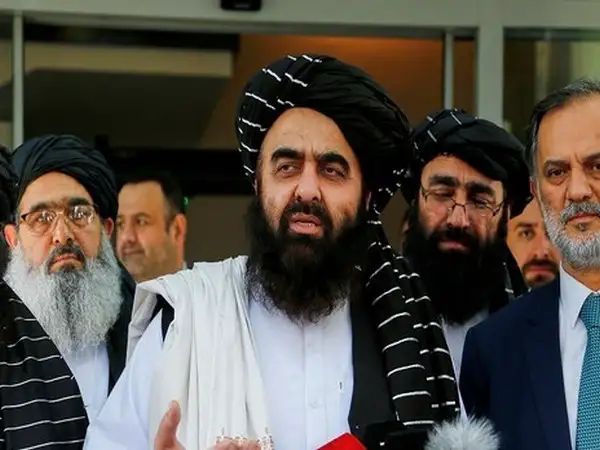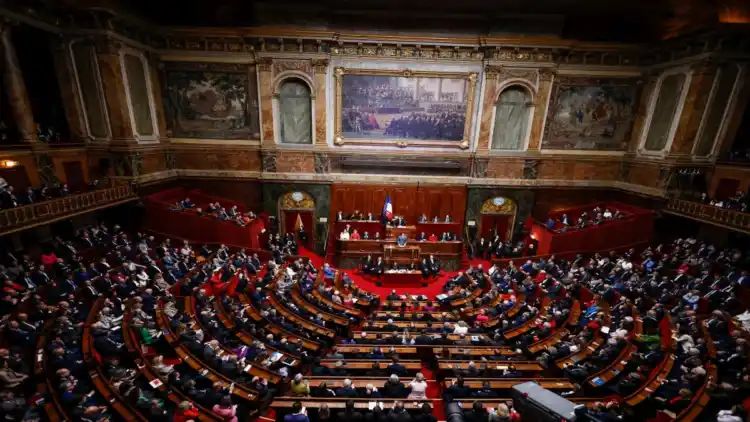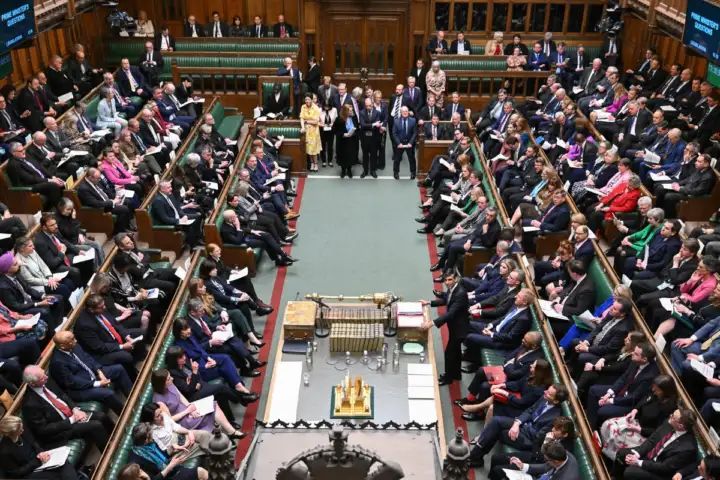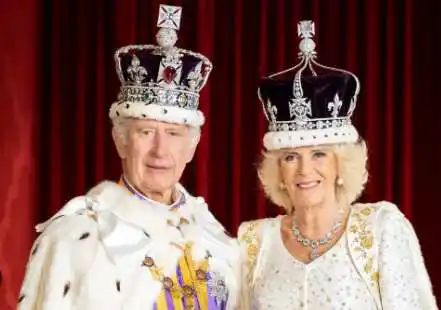Poland govt recalls 50 ambassadors appointed by former rightwing administration, to replace them with loyalists
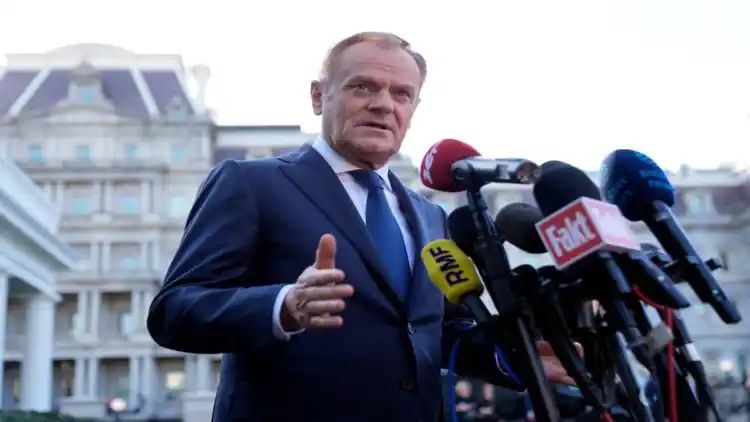
The Polish government, under its new pro-European Union leadership, has begun the process of recalling 50 ambassadors as part of its efforts to enhance diplomatic missions during challenging times, according to The Guardian report, citing the country’s foreign ministry.
In its statement, the ministry said the change of the envoys was “necessary” and would serve a “better, professional implementation of the difficult tasks” facing Poland’s foreign policy.
Poland’s Prime Minister Donald Tusk said it was crucial to have a team of loyal envoys when neighbouring Ukraine is fending off Russia’s full-scale war. He stressed it was “not a retaliation” against his predecessors, added the report.
According to the report, all the recalled diplomats were appointed during the previous right-wing government’s eight-year tenure. Following a change in power with a three-way opposition alliance winning majority in the elections, Donald Tusk assumed the role of prime minister.
While the names of the recalled ambassadors were not disclosed, and details about their replacements or potential cuts in foreign postings were not provided, the ministry confirmed that the recall process has commenced under the direction of Foreign Minister Radek Sikorski, added the report.
However, according to The Associated Press report, the recall of the diplomats may not get the approval of President Andrzej Duda, who has been linked to the previous rightwing government and is critical of Tusk.
If Duda does not approve of the changes, the charges d’affaires would remain as heads of missions in locations where ambassadors were told to return home.
Tusk said that he had high opinion of the work of Poland’s ambassador to the US, Marek Magierowski, which suggested that particular envoy might not be recalled.
During its years in power, the ruling nationalist Law and Justice (PiS) party were accused of eroding the rule of law in Poland, rolling back abortion rights and targeting minorities. Its actions prompted a feud with the EU over issues ranging from judicial independence to LGBTQ+ rights.
After Tusk was confirmed as prime minister in December he vowed to “fix everything”.
“We will be able to right the wrongs so that everyone, without exception, can feel at home,” he said at the time.
With inputs from agencies
